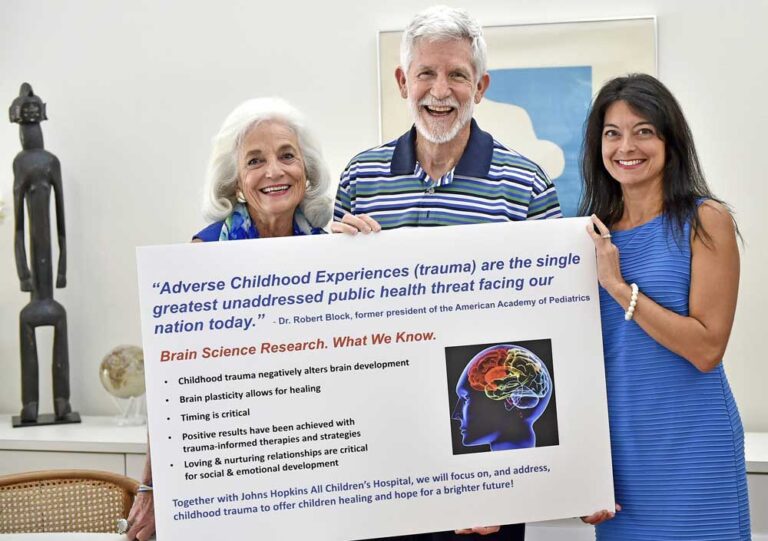After decades of working with abused and neglected children, Lucia Branton says she can usually tell within six to nine months whether a family can be knitted back together securely enough to safely sustain a young life.
But it’s never an easy call to make.
Florida law requires its child protection system to “preserve and strengthen the child’s family ties whenever possible, removing the child from parental custody only when his or her welfare cannot be adequately safeguarded without such removal.” This has to be one of the toughest decisions in the world, often made in a rush to rescue a young victim from apparent harm, and find an empty bed where he or she might be physically safe — but also bewildered, terrified and bereft, torn from a familiarity that felt like home, no matter how dangerous or unpredictable.
For too long it was believed that most children “bounce back” from such a rupture. Even now, with plenty of scientific evidence on the effects of toxic stress in developing brains, the child welfare system has been slow to implement the trauma-informed therapeutic methods that have a chance to reverse this damage.
In 2017, Branton joined with Sarasota philanthropists Graci and Dennis McGillicuddy to bring the benefits of trauma-informed care to foster children here, on a campus that would not only offer a “safe landing place” but also guide families through the healing process. In a partnership with the Institute for Brain Protection Sciences at Johns Hopkins All Children’s Hospital, they combined a state grant with private donations in a valiant bid to revolutionize a defeated and dehumanizing system of foster care.
Today, the All Star Children’s Foundation is open for business on 17th Street, caring for 60 children on an outpatient basis, along with their parents and foster parents. Once all six foster homes — capacious enough to keep siblings together — are completed in the shady backyard behind the clinic you see from the street, the center anticipates serving up to 100 children in residence and 250 more in the community.
An important partner in this venture, Branton and the McGillicuddys report, is the Safe Children Coalition, which collaborates with Sarasota County schools and other agencies to take community responsibility for addressing pain that no young person should have to endure.
Central to the process of mitigating trauma, they say, is supporting the challenging work of foster parents, and enlisting them as mentors for biological parents.
“This is what we haven’t been seeing in the foster care system,” Branton explains. “Even though we are for the child, we have to understand the parent. It’s a very expensive approach, and not everyone can do it.”
Sarasota is fortunate to be the proving ground for this bold commitment to children who deserve the full embrace of their community. Longitudinal studies of the foundation’s results have national potential to transform what has been a shameful societal track record of denial and apathy.
As co-founder Dennis McGillicuddy puts it, these are “the kids that people write off. There is real hope for the most vulnerable, lost child by virtue of the work we’re doing. Not only are we healing the child; we’re creating the potential inside them to lead the most productive life.”
~ The Herald-Tribune Editorial Board

